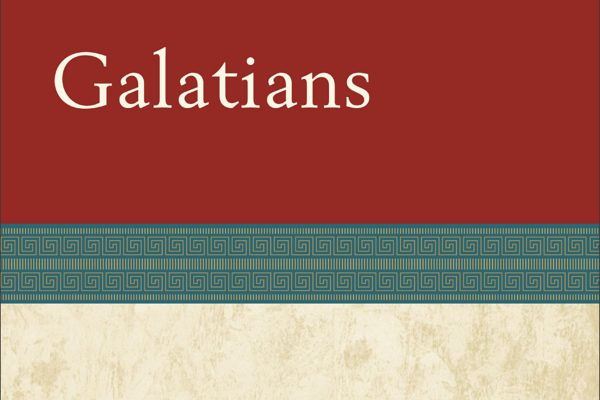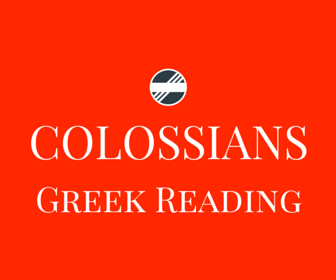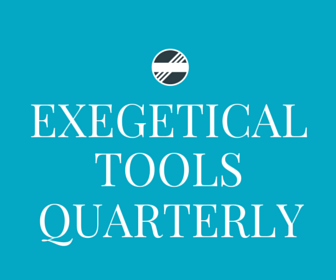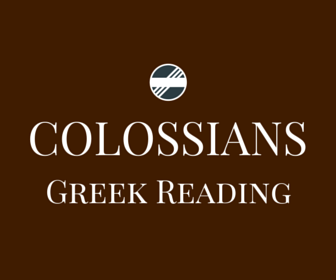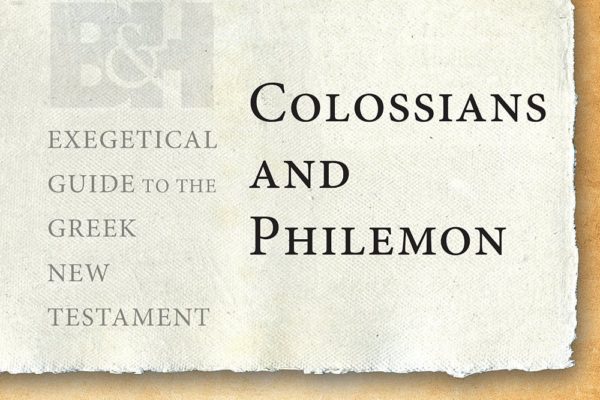Galatians (Paideia Commentaries on the New Testament), by Peter Oakes
This Galatians commentary is concise, well-informed, accessible, and obviously filled with an immense amount of research and thought – not only thought about Galatians’ theology, but also about methodology. Peter Oakes uses knowledge from various disciplines, such as archaeology, sociology, linguistics, and historical background to enlighten our reading of Galatians….

